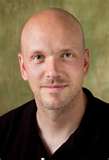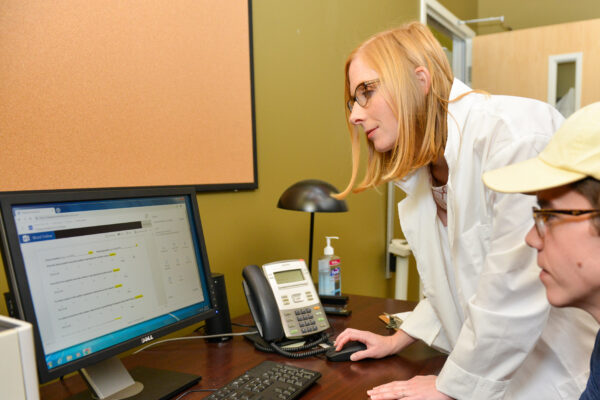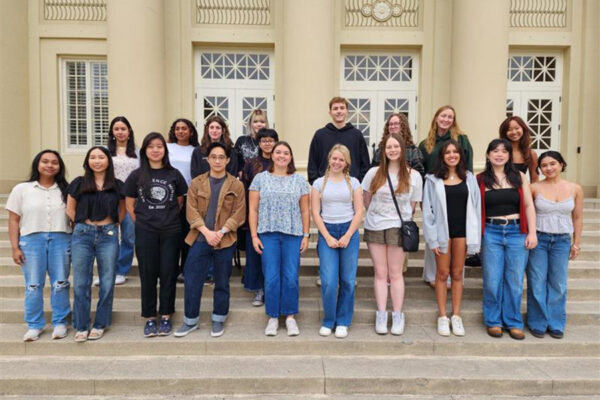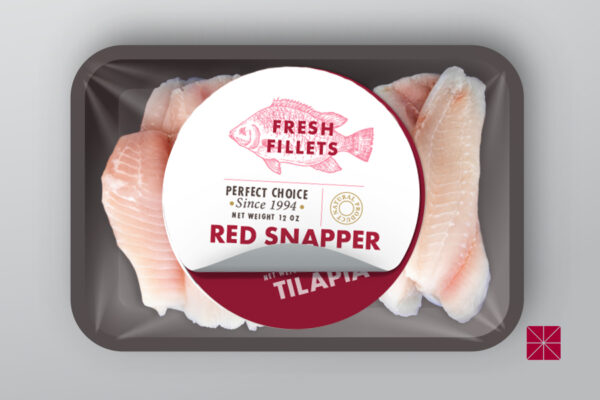Choosing mates. Foraging for food. Assessing risky situations. They’re all essential but potentially thorny challenges faced by humans throughout time. How did they adapt to such tasks?
That will be the topic at the
Economic Science Institute’s
free lecture at 11:50 a.m. Tuesday, Oct. 5, when
Andreas Wilke
, Ph.D., presents “Past and Present Environments: The Evolution of Decision Making.” The lecture will be in Wilkinson Hall 116.
Dr. Wilke, a leading researcher in the field of human cognitive evolution, will outline a framework for studying those mechanisms from an evolutionary cognitive psychology perspective, which emphasizes the role of the environment in shaping organisms’ decision strategies. He illustrates these ideas with research examples from his work on human foraging cognition: deciding when to leave a resource patch, searching for information in memory, predicting when a sequence of events will stop or continue, and detecting sequential dependencies when simultaneously foraging for multiple resources.
Wilke is assistant professor of psychology at
Clarkson University
, and holds his Ph.D. from the Free University of Berlin. Recently, he has been a postdoctoral research fellow at the Center for Behavior, Evolution, and Culture (BEC), UCLA Department of Anthropology as well as the Konrad Lorenz Institute for Evolution and Cognition Research, Altenberg, Austria.
This event is free and open to the public. For information call 714-628-2830 or email
krueger@chapman.edu
.





Add comment